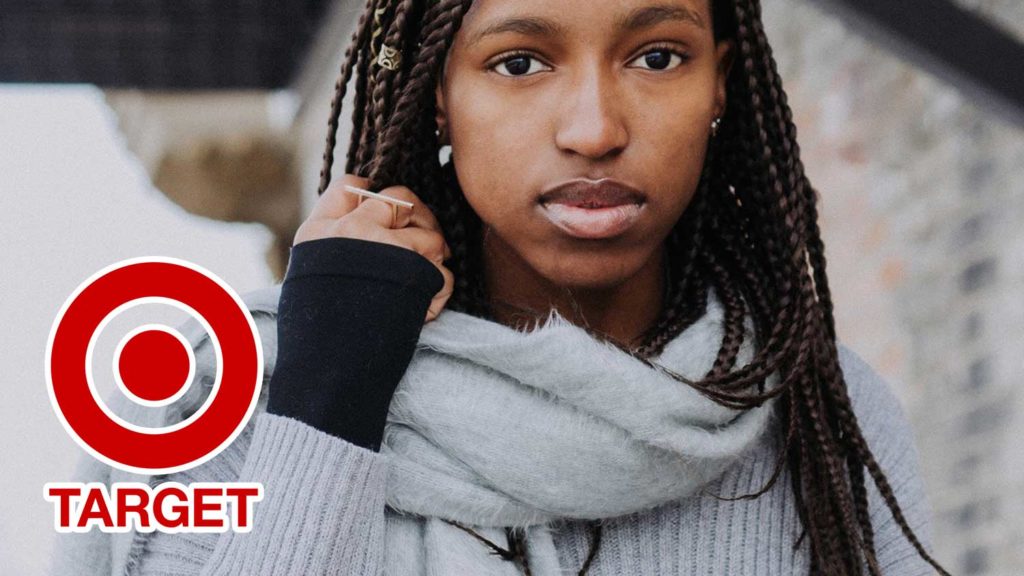Updated November 25, 2019. Target Australia and Kmart are dropping mulesed wool.
The American retailers have both said they plan to phase out wool from mulesed sheep over the next few years due to animal welfare concerns. Target Australia has said that it will have phased out all mulesed wool by July 2023, while Kmart aims to reach the same target by July 2024.
Mulesing is when strips of wool-bearing skin are removed from the buttocks of a sheep. This is to prevent myiasis, or “flystrike” – infection by maggots, fly larvae. Mulesing is painful and often carried out without any kind of anesthetic or painkiller. Creating an open wound may also increase the chance of infection.
Target Australia has said it will source its wool ethically in the future and avoid mulesing. The replacement wool will either be sourced from either “farms certified under the Responsible Wool Standard or equivalent standard; or farms that are fully traceable and verified as non-mulesed; or from recycled wool materials.”
However, even the certified “responsible” wool industry can be cruel. According to British animal rights group Viva!, millions of sheep die every year from exposure as a direct result of shearing. Shearers are paid per unit and encouraged to work fast. This can hurt the sheep, who are often caught by the metal clippers. While not common knowledge, wool is also often stripped from dead animals at slaughterhouses for use in clothing.

Is Mulesing Necessary?
According to animal rights organization Four Paws International, Merino sheep are common in Australia and have been bred to have wrinkly skin in order to produce more wool.
“The highly wrinkled Merino sheep that are bred in Australia are especially prone to flystrike,” says Four Paws International. “Because their wrinkles capture moisture for a longer duration than plain bodied sheep.”
Last year, New Zealand became the first wool-producing country to ban mulesing. The practice is now illegal and continuing to carry it out is a criminal offense. There is a $5,000 penalty for an individual offender or $25,000 for a business.
Fashion and Animal Welfare
Many retailers are developing new animal welfare policies and moving away from unsustainably sourced products. Target and Kmart have both made commitments to sustainable leather sourcing and producing new, effective animal welfare policies.
Australian fashion brands, including David Jones and Country Road Group, made similar statements earlier this year. Fashion companies Decjuba and Forever New have also made new commitments to improving animal welfare and have both joined the Fur Free Retailer initiative.


